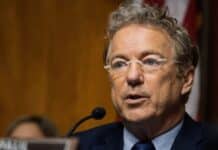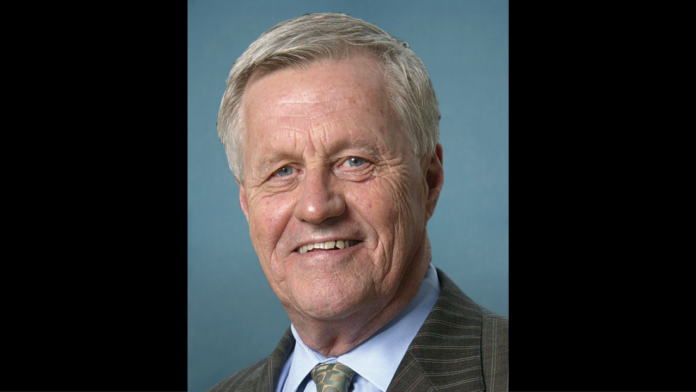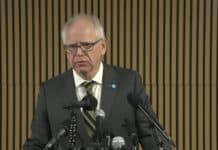U.S. Rep. Collin Peterson told The Washington Post recently that the Democratic Party’s increasing liberalization and urbanization is the reason for Donald Trump’s victory.
Peterson represents Minnesota’s 7th district which covers much of the western half of the state. The 38 counties there total more than 35,000 square miles, mostly of farmland and prairie. The voters of this district are overwhelmingly white, and more interestingly for Peterson, conservative.
Peterson is one of the few remaining rural conservative Democrats. For example, he was the only Minnesotan member of Congress, and one of only two Democrats to co-sponsor the Muslim Brotherhood Terrorist Designation Act of 2015. The other Democrat was Rep. Gene Green (TX-29.) The Cook Political Report shows that Peterson is one of only nine Democrats who will remain in Congress whose district voted for Mitt Romney in 2012.
Most of the counties in Peterson’s district voted overwhelmingly for Trump, some by margins in excess of 40 percent. Peterson, however, took 52.5 percent of the vote in his own re-election campaign.
“They don’t like the government telling them what to do or telling them how to live their lives,” Peterson told The Washington Post of voters in his district, “They think [the government is] coddling people, like when people’s feelings are hurt at the colleges and they send somebody in to make them feel better. Stuff like that drives [voters here] crazy.”
Trump’s stances on issues such as repealing the Affordable Care Act and trade protectionism mustered rural support for Trump. Peterson happens to agree with Trump on those issues, and thinks the urbanization of the Democratic Party is pushing issues such that he would never get a Democratic endorsement if he were starting his political career today.
“It’s a problem. Pushing gun control drives people [in my district] crazy, gay marriage, abortion, deficit spending, you name it,” Peterson told The Washington Post, “All of that stuff adds up to be a problem for Democrats.”
Gerrymandering has played a large part in that liberalization in Peterson’s view. He blames the packing of Democrats into urban areas as the catalyst for the urbanization of policies. Gay marriage and abortion tend to be issues held more dearly by city dwellers. With Democratic districts packed into urban area, issues regarding agriculture and other rural concerns tend to get left on the way side.
The Democratic Party’s abandonment of the working class played a key part in Republican victories in 2016. It has also played a large part in post-mortem analyses of the election.
Former Secretary of Labor Robert Reich has penned several vicious opinion pieces for The Guardian hammering his former boss Bill Clinton and Democrats at large for their lapses in policy and politics.
“Democrats have occupied the White House for 16 of the last 24 years, and for four of those years had control of both houses of Congress. But in that time they failed to reverse the decline in working-class wages and economic security,” Reich wrote, “Both Bill Clinton and Barack Obama ardently pushed for free trade agreements without providing millions of blue-collar workers who thereby lost their jobs means of getting new ones that paid at least as well.”
Democrats in Minnesota would have to control both chambers of the state legislature in order to reverse the gerrymandering Peterson views as the big obstacle for the Democratic Party. That may be difficult to do with the way the electoral map will remain shaped for the next four years.
“You can’t have a majority party in Minnesota or throughout the country without [support from] the people in these [rural] districts,” Peterson told The Washington Post, “Given the position [the Democratic Party] has taken, it’s very hard to see how you can do that.”











